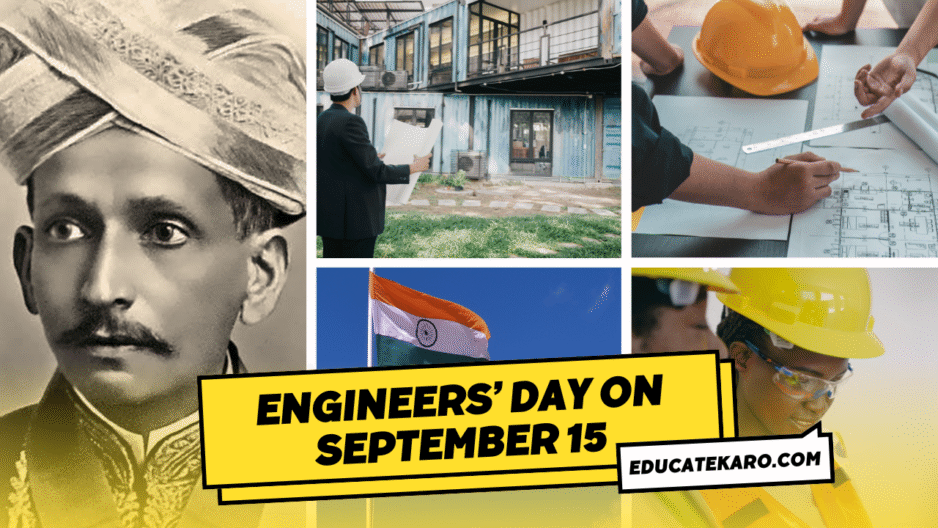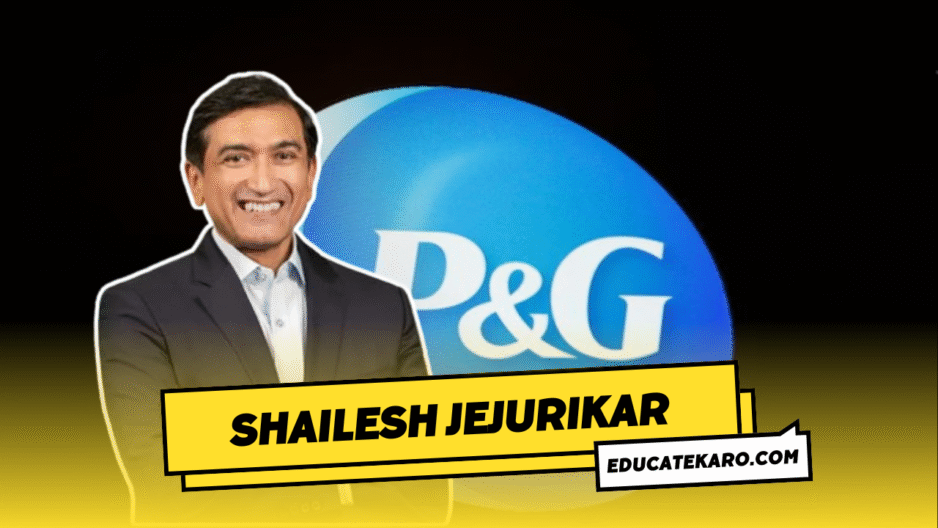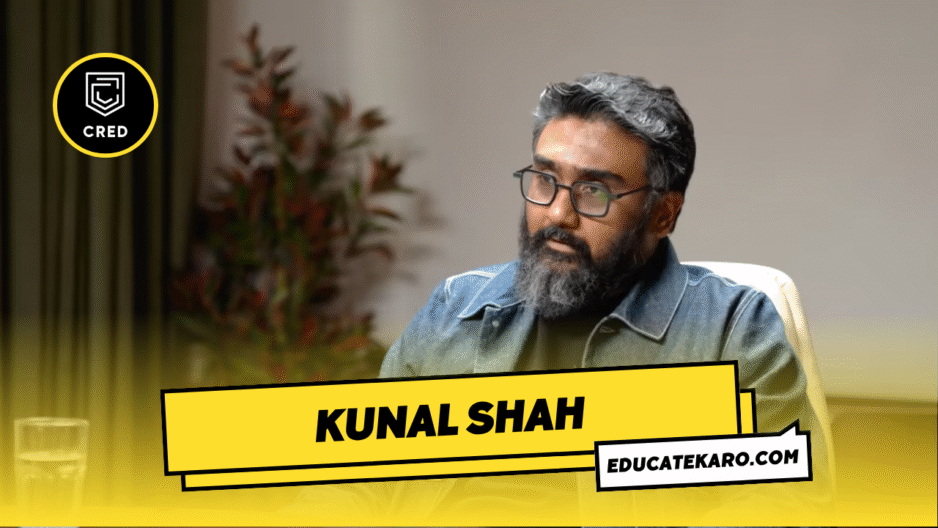Every year on September 15, India stops to mark Engineers’ Day, but it’s not just a date. It’s a story. It’s about a young boy born in Muddenahalli, Karnataka, who grew up in hardship, but whose ideas and work built bridges, dams, schools—and a future.
Early Life & Struggle
Visvesvaraya was born on September 15, 1861, in Muddenahalli, to a Telugu-speaking, scholarly family. His father, a Sanskrit scholar, and his mother, a devout and principled woman, raised him simply.
At age 15, tragedy struck when his father passed away. With family finances tight, young Visvesvaraya started tutoring small children to pay for his schooling. He never let poverty stop him.
He did his early schooling in his village and Chikkaballapur, then moved to Bangalore. He completed a Bachelor of Arts in around 1881 (Central College, Bangalore) before heading to Pune for engineering studies. Which he aced: he topped many exams (L.C.E., F.C.E.).
Innovations & Engineering Works
Some of the things Visvesvaraya dreamed up (and actually built) were brilliant:
- The automatic sluice/overflow gates (also called weir water floodgates) were ahead of their time. They automatically regulated water levels to prevent overflow and damage. First used at Khadakwasla Dam (1903), later replicated in Mysore and other places.
- The Block System in irrigation: he organized irrigation in discrete blocks so water distribution is efficient and wastage is minimized.
- Flood protection & water projects: Hyderabad after the Musi floods, protecting Visakhapatnam from sea erosion, water supply in Aden, and several more projects showed his nationwide and even global impact.
Leadership, Vision & Institutions
When he became Dewan of Mysore (1912–1918), he didn’t just engineer dams—he built ecosystems.
- Set up industries: Mysore Iron & Steel Works, Mysore Soap Factory, State Bank of Mysore, and more.
- Advanced education and technical training: The Engineering College in Bangalore (now UVCE), polytechnics, and other institutions.
- Infrastructure beyond water: railways, trading institutions, and modern public works. He emphasized merit, efficiency, and planning—not just construction.
Honours, Later Years & Legacy
- He was knighted (KCIE) by the British for his remarkable public service.
- India’s highest civilian award, Bharat Ratna, came in 1955.
- Even after stepping down, he remained active: chairing committees, advising on industrial and technical education, and contributing to national planning.
- In Bengaluru, the Visvesvaraya Industrial & Technological Museum was set up in his memory, showcasing science and engineering for future generations.
Some Famous Quotes Sir Visvesvaraya
Self-examination not moral or spiritual, but secular – that is, a survey and analysis of local conditions in India and a comparative study of the same with those in other parts of the globe.
The Indian mind needs to be familarised with the principles of modern progress, a universal impulse for enquiry and enterprise awakened, and earnest thinking and effort promoted. A new type of Indian citizenship purposeful, progressive and self-respecting should be created, and self-reliant nationhood developed.
Mental energy is wasted in caste disputes and village factions.
Why September 15 & What It Teaches Us
September 15 was picked to celebrate his birthday. In 1968, the Government of India declared Engineers’ Day in his honor. The idea: remember a man who not only built things but built ideas, institutions, and self-reliance.
What he teaches us today:
- Great engineering isn’t just technical; it’s about thinking ahead, caring for people, and using resources wisely.
- Leaders must also build systems: education, institutions, and governance.
- Personal values like discipline, simplicity, and duty matter — because they shape the way one works.



